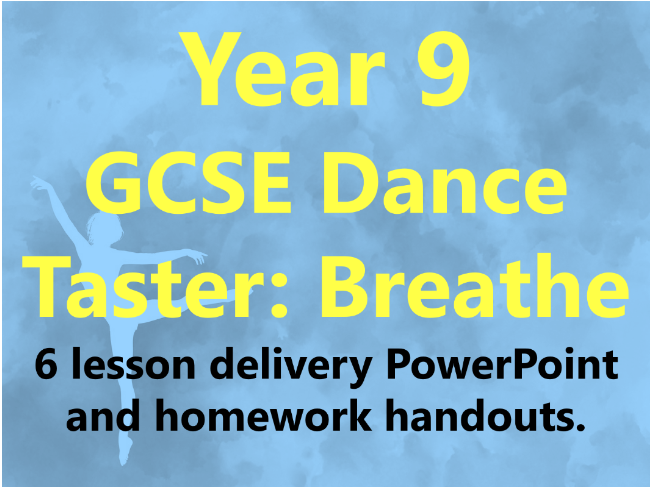Sam's Dance Resources
Spend less time planning and more time enjoying teaching by downloading my tried and tested Dance resources. Choose from individual resources or make great savings with my bundle offers! I am a secondary school Dance teacher and have been teaching Dance since 2012. During my teaching career I have also had the pleasure of teaching Dance in primary schools and have trained both primary and secondary school teachers. Happy Browsing!





















